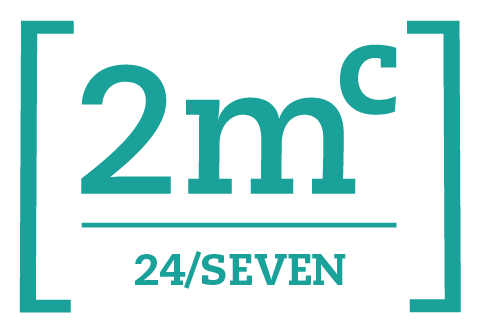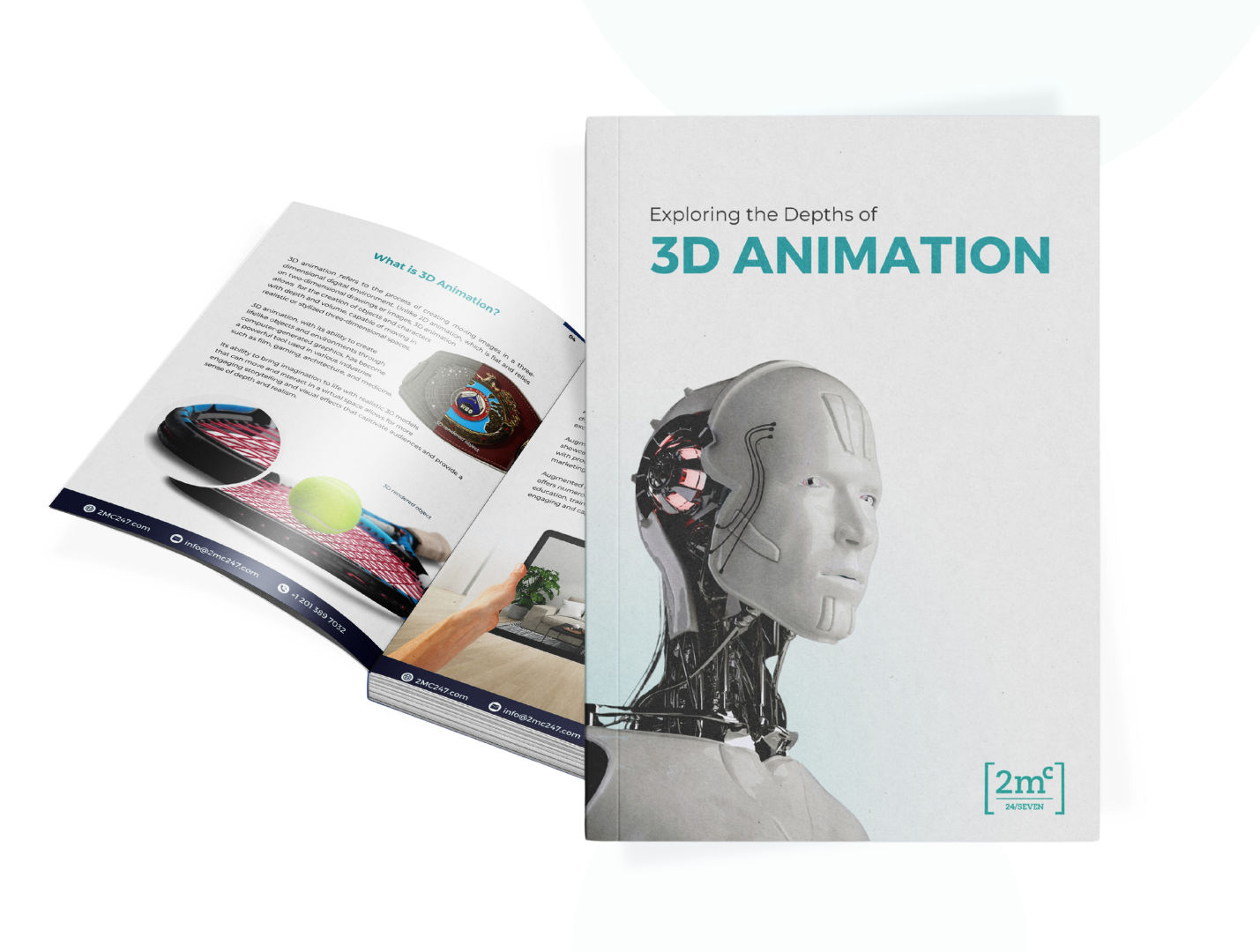In today’s digital age, your website is often the first point of contact with potential customers. It’s not just a place to showcase your products or services but also a powerful tool to engage, convert, and retain clients. But what makes a website perfect? Whether you’re a business owner or a developer, understanding the core elements that define a perfect website is crucial.
1. Responsive Design
With mobile devices generating more than half of the web traffic worldwide, a responsive design is non-negotiable. A perfect website should automatically adapt to various screen sizes, ensuring a seamless experience on desktops, tablets, and smartphones. This flexibility is achieved through fluid grids, flexible images, and media queries. If your website isn’t optimized for mobile, you risk losing a significant chunk of potential customers.
2. User-Friendly Interface (UI)
A clean, intuitive user interface is key to keeping visitors on your site. Users should be able to navigate your website without confusion. Simplicity in design, combined with clear calls to action (CTAs), makes it easier for visitors to find what they’re looking for and take the next step. Elements like drop-down menus, breadcrumb navigation, and consistent fonts and colors all contribute to a more enjoyable user experience.
3. Fast Load Time
Speed matters. A website that takes more than a few seconds to load can lose up to 40% of its visitors. A perfect website needs optimized images, minimized HTTP requests, and the use of asynchronous loading for CSS and JavaScript. If your website isn’t performing well speed-wise, consider using tools like Google PageSpeed Insights to analyze and improve its load time.
4. SEO Optimization
A beautifully designed website is meaningless if it can’t be found by search engines. Search Engine Optimization (SEO) is vital for visibility. Key elements like meta tags, alt texts, internal linking, and a well-structured XML sitemap ensure that search engines index your site properly. A perfect website should also feature schema markup to enhance your search result listings and boost click-through rates.
5. Security Features
With cyber threats on the rise, website security is a top priority. A perfect website must have an SSL certificate, ensuring that all data transmitted between the server and the browser is encrypted. Additional security features include firewalls, anti-malware tools, and regular backups. Not only does this safeguard your website, but it also builds trust with your customers.
6. Content Quality and Strategy
Content is still king. A perfect website must provide valuable, relevant, and engaging content to keep visitors interested. Content should be strategically placed using headers (H1, H2, H3) and keywords that align with your SEO goals. Moreover, incorporating rich media like videos, images, and infographics can enhance user engagement and improve retention.
7. Analytics and Tracking
You can’t improve what you don’t measure. Every perfect website needs to be integrated with analytics tools such as Google Analytics or Hotjar to track visitor behavior, conversion rates, and other important metrics. These insights allow you to tweak and optimize your site continually.
Ready to Create the Perfect Website?
Your website can be a game-changer, setting you apart from the competition. Whether you need a complete overhaul or a new, modern website, 2MC 24/7 offers top-tier web design services that ensure your site is fast, secure, and optimized for success.
Contact us today to get started on building a website that not only looks perfect but performs perfectly, too!





